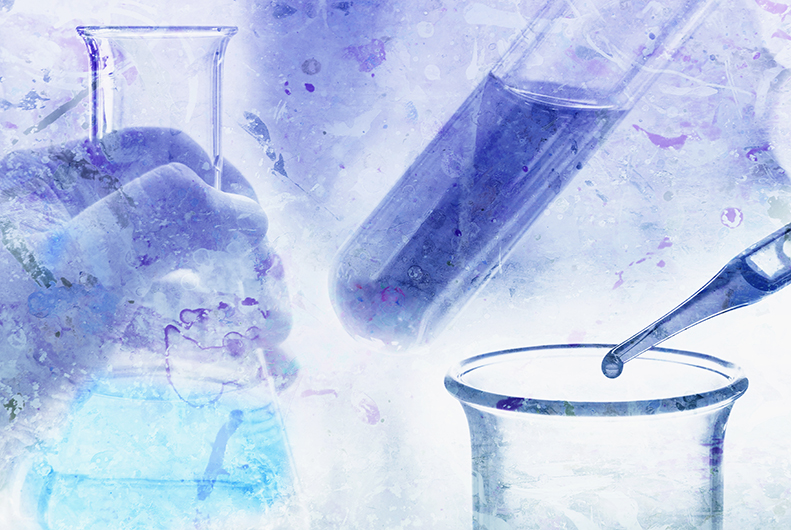More news
- Asian paint regulatory round up – Indonesian exterior paint still uses lead, warns W...
- Nigeria’s paint industry navigates regulatory changes and economic challenges amid p...
- Focus on the global coatings market: Global coatings market outlook
- Innovative coatings mitigate effects of deepening climate change
- Ask Joe Powder – October 2024

- First commercial scale production of bio-based 2-Octyl Acrylate
- 14C content of 73% according to ISO 16620
- High performance and easy to use in a broad range of applications
BASF is expanding its growing portfolio of 14C bio-based monomers with a proprietary process for production of 2-Octyl Acrylate (2-OA). The new product underlines BASF’s strong commitment to innovation for a sustainable future with 73% 14C-tracable bio-based content according to ISO 16620. Besides the regular 14C bio-based 2-Octyl Acrylate, BASF also launched the new product as 2-Octyl Acrylate BMB ISCC Plus. Here, the remaining carbon content is ISCC PLUS certified, and by applying BASF’s biomass balance (BMB1) approach, this variant offers a further reduced product carbon footprint (PCF2).
With an industrial-scale production setup at its Verbund site in Ludwigshafen, Germany, BASF has a pioneering role when it comes to producing 2-Octyl Acrylate in large volumes. This allows BASF to make the bio-based monomer globally available as a raw material. “We have broadened our product portfolio to support customers on their sustainability journey. With 2-OA, we are proud to have launched a novel acrylic monomer that helps customers to meet their sustainability goals,” says Dr. Reiner Geier, Senior Vice President Industrial Petrochemicals Europe.
BASF’s 2-Octyl Acrylate uses 2-Octanol as the respective bio-based feedstock. This bio-alcohol is based on castor oil, a sustainable non-edible feedstock which is reliably available throughout the year.
With its balanced solvency, 2-Octyl Acrylate can easily be used as bio-based alternative to fossil-based monomers such as 2-Ethylhexyl Acrylate (2-EHA) and n-Butyl Acrylate (BA) e.g. in adhesives formulations, or coatings applications.
The new product also offers performance benefits compared to fossil alternatives, showing improved scrub resistance in coatings, shear resistance in adhesives and excellent weatherability. Therefore, 2-Octyl Acrylate is one of the few 14C bio-based monomers which can be used in both standard and high-performance applications. The high purity of BASF’s 2-Octyl Acrylate provides a reliably high quality, with low volatile organic compounds (VOC) and enables customers to use the monomer in a broad application range.
BASF’s 2-Octyl Acrylate is already registered in the EU, the USA, Japan and many other countries. Further registrations are ongoing.







